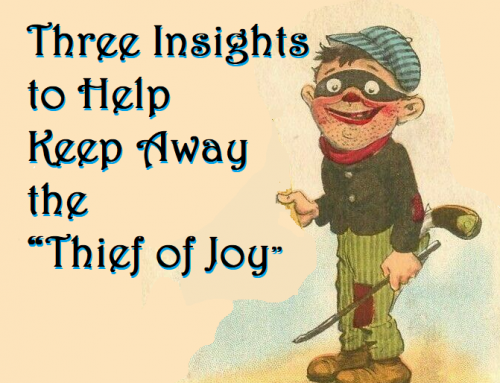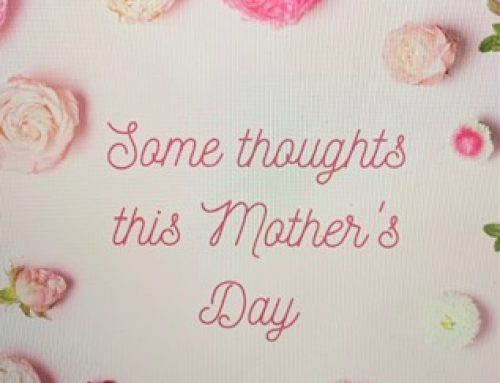St. Patrick’s Day was last Friday, and it brought to my mind a thought: what do they mean by the phrase, “the luck of the Irish”?
For one thing, there is no clear origin of that phrase. Theories run the gamut, from the phrase originally referring to good luck, or to bad luck, or even to the ability to keep up an unyielding good-natured optimism in the face of any kind of luck. But no matter the actual origin, it does beg the question: what is luck? Or maybe more importantly, what is our relationship with what we call luck?
Our relationship with luck:
Well first of all, luck commonly refers to the knack of things to work out well for some people; as if by pure chance. And while it does seem that some people have certain advantages (innate talents, born with good metabolism, etc.) so-called lucky people make the most of their situations. But less advantaged folks can do just as well by studying and understanding what they have to work with–both innately and in their environment–and using that find their own way.
There is an expression that I’ve come to find useful in how I frame the world. It’s expressed as a mathematical equation:
Happiness equals reality divided by expectation
What I take that to mean is that our reaction to what happens to us is colored by our preconceived ideas of how things should be. When events don’t work out according to plan, our getting stuck in frustration or resentment will likely only make things worse. On the other hand, a healthy dash of flexibility may open us up to finding a creative work-around to obstacles, or at least an awareness that things usually get better, even if better means a different outcome than the one intended or hoped for. The magic key–if there is such a thing–has to do with surrendering to “an attitude of gratitude.” If we choose to face a situation with love in our hearts and frame our wrong turns within a context of habitual gratitude, we will heal and get past these bumps in the road much quicker.
And that way of being… well, I consider it pretty lucky.




